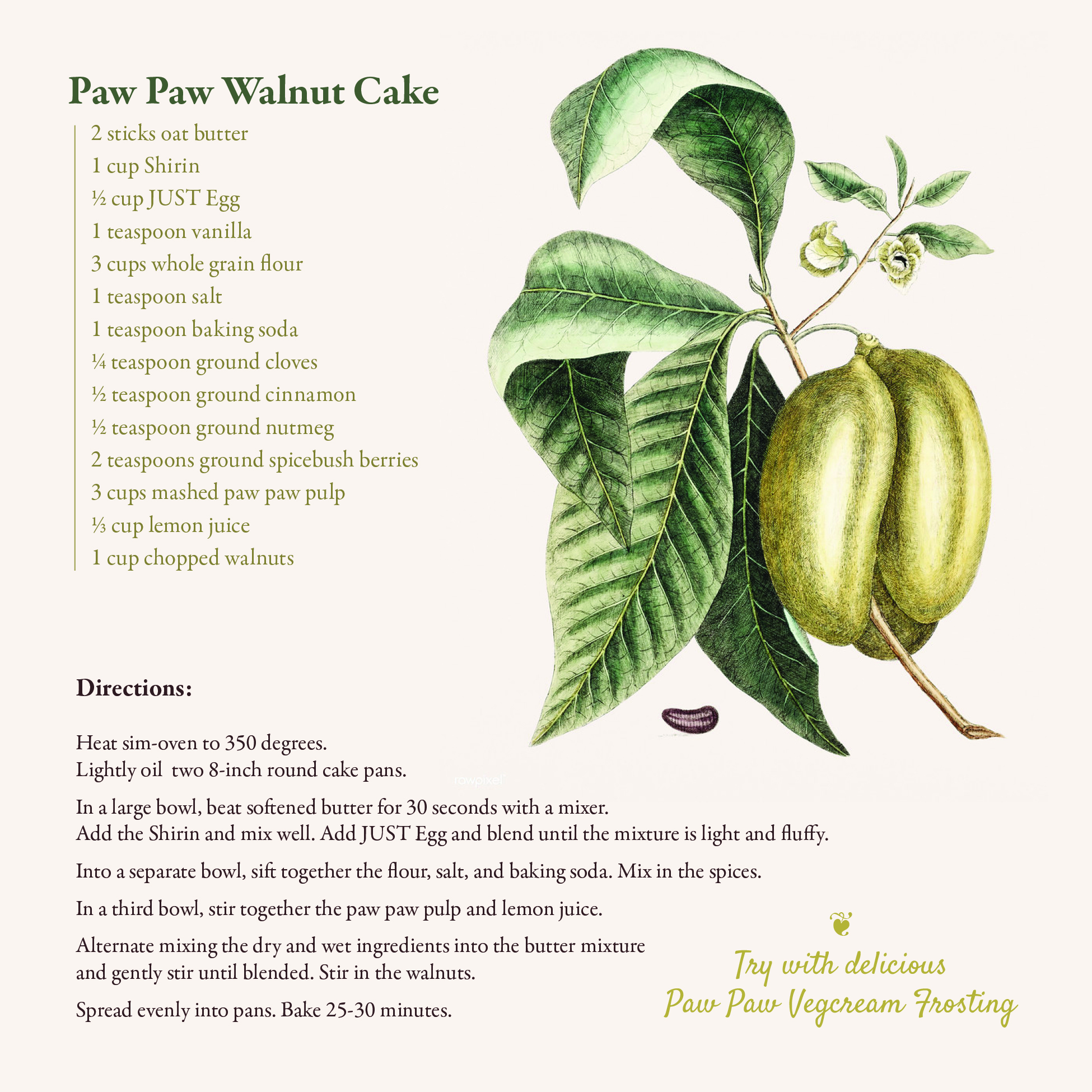
For residents of New York City decades from now, technology may permeate daily life, engineering even the animals and plants that dwell alongside them, but so might ways of living with the earth drawn from ancestral traditions and age-old ecological wisdom. In her project Brooklyn Seed Lab, Nancy Smith, assistant professor in the School of Information and a researcher and designer working at the intersection of digital technologies and climate change, creates a vision of the not-so-distant urban future where these realities coexist.
Through speculative seed catalogs, the Brooklyn Seed Lab considers the needs of tomorrow’s city dwellers, from food sources, to medicinal support, to tools needed to keep a garden growing under intensifying ecological pressures. Smith uses imagery from the Biodiversity Heritage Library, which hosts a collection of classic scientific and naturalist illustrations, alongside plant descriptions, planting guides, “living garden companions” and other urban farming accessories, and tributes to different species, like the last lemon tree and the paw paw, featured above. The catalogs evoke a world grappling with the challenges of global warming, species endangerment, environmental toxins, and resource scarcity while celebrating life, nourishment, and care for communities and the multispecies ecosystem.
One catalog focuses on herbs for health and wellness, another on plants that attract pollinating animals, and a third on fruiting trees—prohibited in many urban areas—with their attendant juicy mess and bountiful potential. The paw paw, front and center in this recipe, receives a special highlight in the “Fruiting Bodies” catalog, noted for its relatively small stature, animal-repellent leaves, and abundant fruit that make it an ideal addition to an urban food forest of the future.
Smith has worked on this project as a member of Inclusive Ecologies, an interdisciplinary research group at Pratt Institute that supports investigation, discourse, and design that engages with issues related to climate change, with a special focus on public-facing projects. Last fall, the Brooklyn Seed Lab was included in After Progress, an exhibition exploring “human and more-than-human forms of life and ways of flourishing from the ruins of the modern idea of progress” sponsored by The Sociological Review Foundation and the MA Ecology, Culture & Society and the Unit of Play, Department of Sociology, Goldsmiths, University of London.